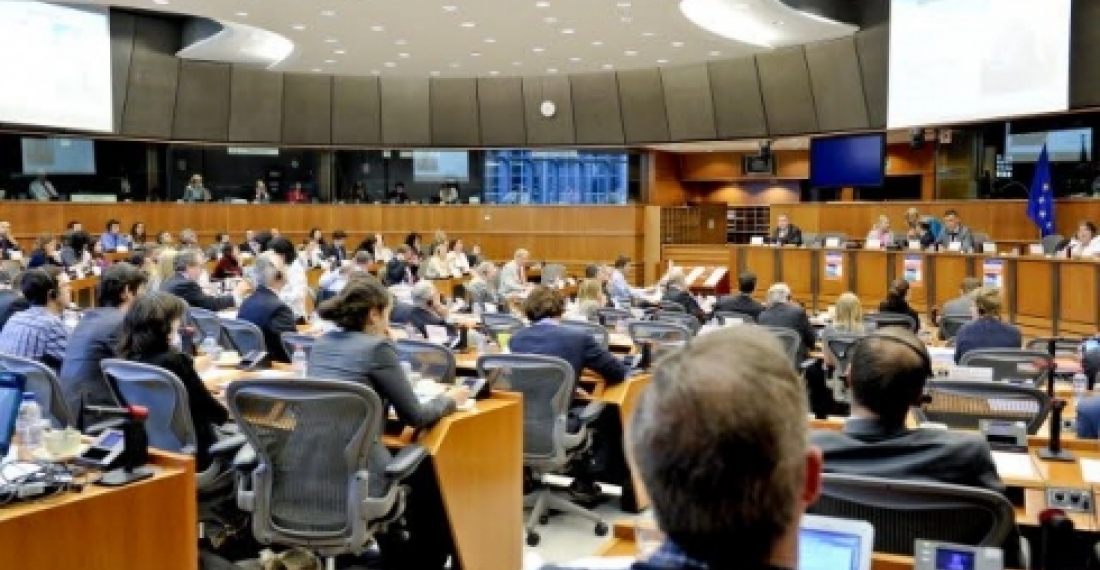Комитет Европейского парламента по обороне и безопасности в среду (20 июня) провел специальное заседание для обсуждения ситуации в области безопасности вокруг Нагорного Карабаха, а также тот вклад, который Европейский Союз может сделать в урегулирование конфликта. В своем выступлении перед депутатами Европарламента специальный представитель ЕС на Южном Кавказе, посол Филипп Лефорт, подтвердил готовность Европейского Союза помочь сторонам продвинуться к урегулированию конфликта, но подчеркнул, что решение зависит от политической воли руководства Армении и Азербайджана.
Открывая заседание, г-н Арно Данжан, председатель комитета парламента по безопасности и обороне, заявил, что ситуация вокруг Нагорного Карабаха является предметом обеспокоенности Комитета и парламента. Комитет заслушал доклады Трейси Герман из Департамента оборонных исследований Королевского колледжа в Лондоне, который говорил об общей ситуации в области безопасности, Адам Эберхардт, заместитель директора Центра восточных исследований Польши, который проинформировал Комитет о ситуации в Армении и Азербайджане и Деннис Саммут, директор LINKS, который проинформировал комитет о роли ЕС в урегулировании конфликта. В своем письменном представлении комитету Деннис Саммут также представил десять предложений, которые Европейский Союз может сделать для повышения своей роли в процессе урегулирования нагорно-карабахского конфликта.
На встрече также выступили специальный представитель ЕС на Южном Кавказе, Филипп Лефорт, который представил Комитету обзор текущей ситуации.
Многие депутаты Европарламента задали вопросы и высказали свои замечания после презентации.
Поскольку слушание было открытым на встрече присутствовала большая аудитория дипломатов, журналистов, официальных лиц ЕС, члены аналитических центров из Брюсселя и другие заинтересованные лица, что еще раз подтверждает интерес к этой теме.
Источник: commonspace.eu
Фото: Заседание Комитета по безопасности и обороне Европейского парламента, по ситуации вокруг Нагорного Карабаха, состоявшееся в парламенте, в Брюсселе, 20 июня 2012 года. (фото любезно предоставлено пресс-службой Европейского парламента)
Commentary
"ЕС готов помочь, но решение зависит от воли сторон"







